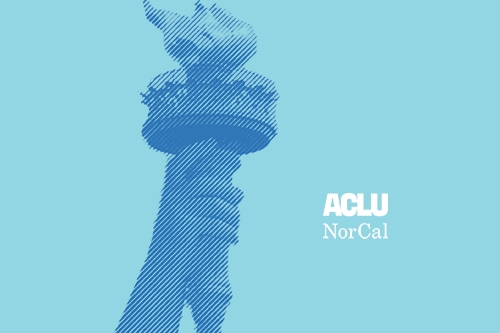Article Media

SAN JOSE, CA - The American Civil Liberties Union argued in federal court on Feb. 5, 2008 for the continuation of its case against Boeing subsidiary Jeppesen Dataplan, Inc. for the company's role in the CIA's "extraordinary rendition" program. The ACLU opposed the government's attempt to throw out the case by misusing the "state secrets" privilege in an effort to avoid legal scrutiny of the unlawful and shameful program.
"'Extraordinary rendition' is no secret. By the government's reasoning, the CIA's torture and detention program can be discussed anywhere in the world, except in an American courtroom," said Ben Wizner, staff attorney with the ACLU, who will argue the case today. "The CIA is once again abusing the claim of 'state secrets' to avoid judicial oversight and accountability."
Today's hearing is part of a lawsuit brought by the ACLU on behalf of five victims of the rendition program who were kidnapped and secretly transferred to U.S.-run prisons or foreign intelligence agencies overseas where they were subjected to harsh interrogation techniques and torture. The lawsuit charges that Jeppesen knowingly aided the program by providing flight planning and logistical support services for aircraft and crews used by the CIA to transport the victims.
After the lawsuit was filed, the U.S. government intervened to seek its dismissal, asserting the "state secrets" privilege and contending that further litigation of the case would be harmful to national security. However, information needed to pursue the lawsuit, including details about the "extraordinary rendition" program itself, is already in the public domain.
It has been 50 years since the United States Supreme Court last reviewed the use of the "state secrets" privilege. The privilege has historically been used to exclude discrete pieces of evidence from trials, but in recent years the government has asserted the claim with increasing regularity in order to block entire lawsuits and justify withholding information from the public about rendition, illegal wiretapping, torture, and other breaches of U.S. and international law.
The Supreme Court recently refused to review the "state secrets" privilege in a lawsuit brought by ACLU client Khaled El-Masri, an innocent German citizen who was kidnapped while on vacation with his family and subjected to detention, interrogation, and torture at a secret CIA prison in Afghanistan and released without ever being charged with a crime.
Jeppesen's involvement in the "extraordinary rendition" program has been publicly confirmed by extensive evidence and testimony. In a December 2007 sworn declaration filed with the court in the ACLU's case, a former Jeppesen employee reported that a senior Jeppesen official, Bob Overby, told new employees at a company meeting that Jeppesen did "all the 'extraordinary rendition' flights," referring to them as "torture flights" and talking about how profitable the rendition flights were.
"American companies should not be given a free pass to profit from unlawful and disgraceful programs like 'extraordinary rendition,'" said Steven Watt, staff attorney with the ACLU Human Rights Program. "Jeppesen should be held accountable for knowingly helping to deliver rendition victims to countries where we all know torture and other abuses regularly occur. The victims of rendition deserve their day in court."
The lawsuit was brought on behalf of rendition victims Binyam Mohamed, Abou Elkassim Britel, Ahmed Agiza, Mohamed Farag Ahmad Bashmilah, and Bisher Al-Rawi.
Wizner will argue the case today in front of federal Judge James Ware of the Northern District of California.
In addition to Wizner and Watt, attorneys in the lawsuit are Steven Shapiro and Jameel Jaffer of the national ACLU, Ann Brick of the ACLU of Northern California, Paul Hoffman of the law firm Schonbrun DeSimone Seplow Harris & Hoffman LLP, and Hope Metcalf of the Yale Law School Lowenstein Clinic. In addition, Margaret L. Satterthwaite of the International Human Rights Clinic of New York University School of Law represents Bashmilah, and Clive Stafford-Smith and Zachary Katznelson represent Mohamed.
Resources related to the lawsuit, including legal documents, multimedia, and background information, are available online.
